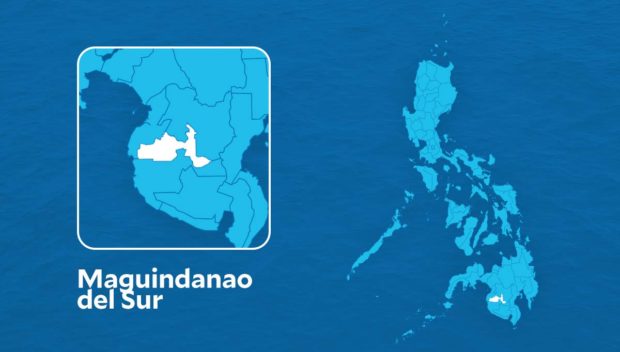Maguindanao town goes strict against LGBTQ cross-dressing
SHARIFF AGUAK, Maguindanao del Sur, Philippines — Previously known as the municipality of Maganoy, this third-class town with a population of around 35,000 has imposed stricter measures against members of the LGBTQ community.
Anwar Emblawa, executive secretary of the Shariff Aguak municipal government, said the move was in line “with upholding and respecting the Islamic religious tradition propagated by their forebears.”
But he clarified that LGBTQ members would not be banned in the locality, once the lone seat of power of then undivided Maguindanao province during the term of the late Gov. Andal Ampatuan Sr.
LGBTQ stands for lesbian, gay, bisexual, transgender, queer or questioning, intersex, asexual, and more.
“Members of the LGBTQ community are welcome to live, do business and visit our municipality. What we ban is for the gays to wear cross-dresses in public places,” Emblawa told the Inquirer on Thursday.
“Inside their beauty parlors, gays can wear what they want, but in public places, they must not wear dresses fit for women,” he said.
Emblawa said penalties would include a warning for the first offense and community service for the next one.
He said the ban on gays wearing cross-dresses in public places in the town was imposed in 2019 and still being implemented by the municipal government now led by first-term Mayor Akmad “Mitra” Ampatuan.
Emblawa said the local government also required women to wear hijab in public spaces, which included restaurants and markets.
Generally, homosexuality is banned in Islam, but the municipality is becoming tolerant—that it does not ban gays or lesbians from residing in or visiting the town—due to the “changing times,” apparently referring to society’s acceptance of the LGBTQ community, according to Emblawa.
Emblawa said fake news had circulated that LGBTQ members were totally prohibited from the town, apparently to discredit and malign the local leaders.
But local members of the LGBTQ community, such as freelance makeup artist Alsarip Usman, noted that they should be respected and not be discriminated against.
“My dream as a member of the LGBTQ sector is to be influential by becoming a respected professional [through education opportunities]. Our sector has been the subject of bullying,” he said in a Facebook post in Filipino.
